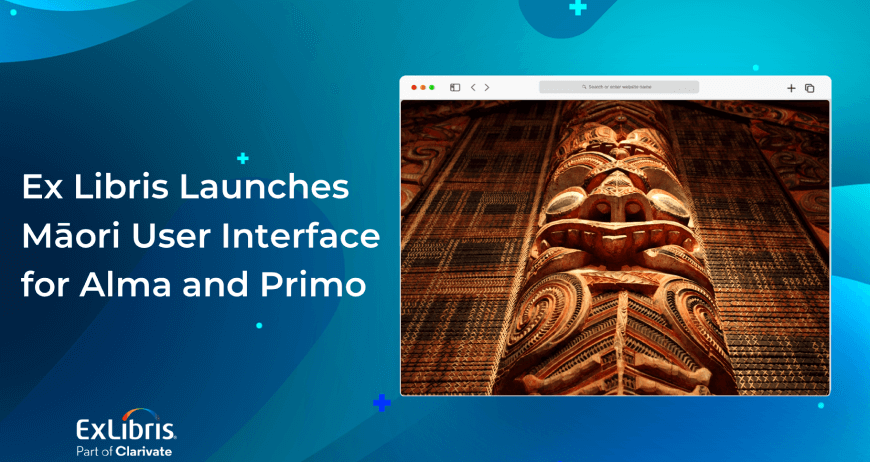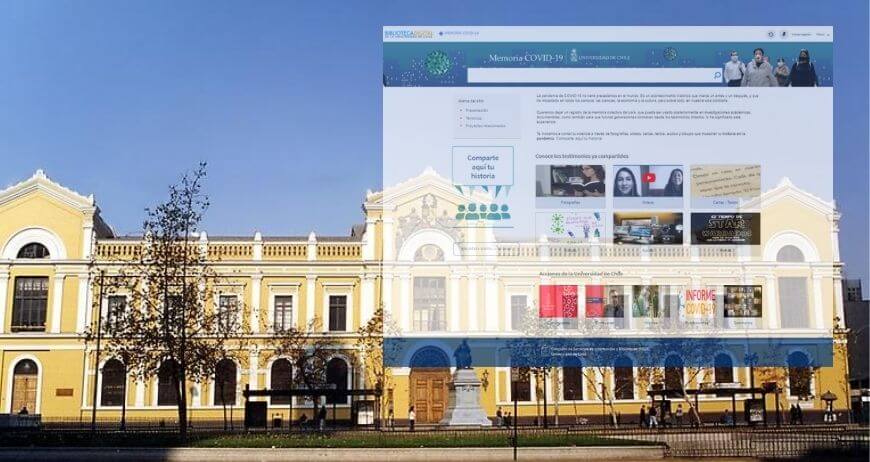In a move to make more accessible one of the largest collections of current and historical materials on education in Europe, the Institute of Education (IOE), has chosen the Primo® discovery and delivery solution to replace its current SirsiDynix system.
A college of the University of London that specialises in education and related areas of social science and professional practice, the Institute of Education chose Primo because of its seamless integration and large, active user community comprising numerous research libraries worldwide.
I talked with Andrew McDonald, Director of Newsam Library and Archive Services about their reasons for choosing Primo. Andrew explained that the Institute’s ambitions for excellence in both research, and teaching and learning meant that one of their core strategic imperatives is transforming the discoverability of the Library’s resources, not only within the institute, but also throughout the world. Using Primo’s scholar rank technology means that the IoE will soon be able to personalise user searches to optimise the discoverability of Education-related resources and ensure that the results that are most relevant to each user appear at the top of the list.
Andrew remarked: “We selected Primo as the sector-leading and most innovative solution following a review of the discovery systems currently available. We are particularly excited by the prospect of providing a step-change in the research and student experience: Primo will simply transform access to the whole range of our print, electronic, archive and repository content. It integrates seamlessly with our current systems and replaces the OPAC interface of our catalog currently provided by our SirsiDynix Symphony system.”
The Institute of Education is the 10th member of the University of London and the 3rd member of the Bloomsbury Consortia to join the steadily growing Primo community of more than 2,000 institutions worldwide.
For more information on this project please contact us.









